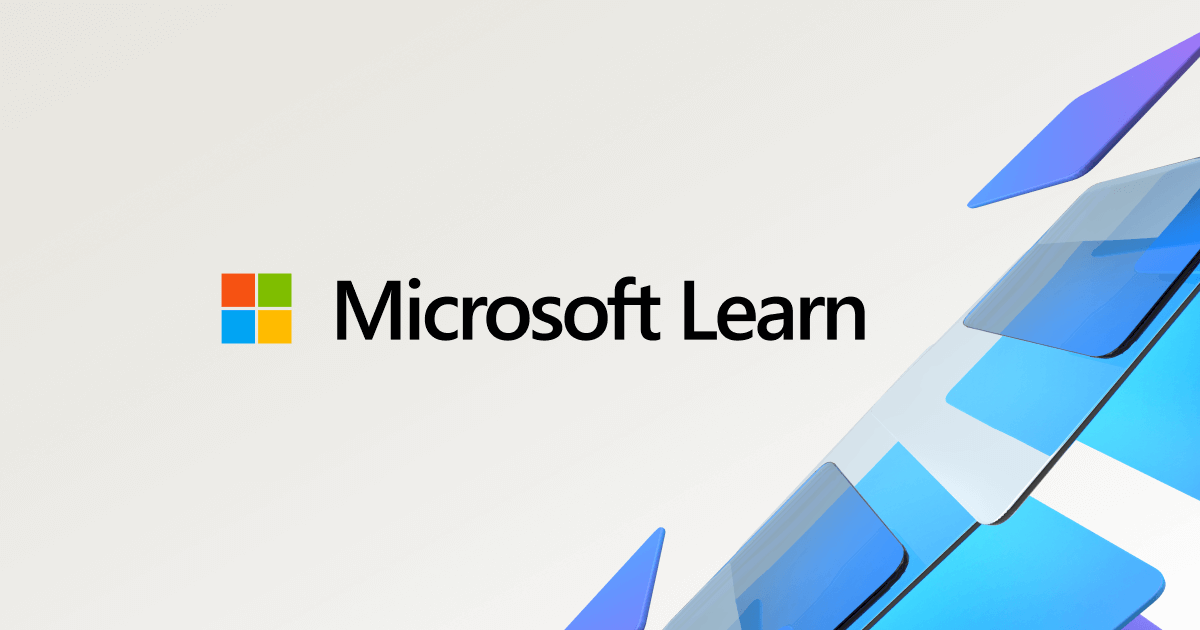BitLocker Device Encryption
Beginning in Windows 8.1, Windows automatically enables BitLocker Device Encryption on devices that support Modern Standby. With Windows 10, Microsoft offers BitLocker Device Encryption support on a much broader range of devices, including those that are Modern Standby, and devices that run Windows 10 Home edition.
Microsoft expects that most devices in the future will pass the testing requirements, which makes BitLocker Device Encryption pervasive across modern Windows devices. BitLocker Device Encryption further protects the system by transparently implementing device-wide data encryption.
Unlike a standard BitLocker implementation, BitLocker Device Encryption is enabled automatically so that the device is always protected. The following list outlines how this happens:
- When a clean installation of Windows 10 is completed and the out-of-box experience is finished, the computer is prepared for first use. As part of this preparation, BitLocker Device Encryption is initialized on the operating system drive and fixed data drives on the computer with a clear key (this is the equivalent of standard BitLocker suspended state). In this state, the drive is shown with a warning icon in Windows Explorer. The yellow warning icon is removed after the TPM protector is created and the recovery key is backed up, as explained in the following bullet points.
- If the device is not domain joined, a Microsoft account that has been granted administrative privileges on the device is required. When the administrator uses a Microsoft account to sign in, the clear key is removed, a recovery key is uploaded to the online Microsoft account, and a TPM protector is created. Should a device require the recovery key, the user will be guided to use an alternate device and navigate to a recovery key access URL to retrieve the recovery key by using his or her Microsoft account credentials.
- If the user uses a domain account to sign in, the clear key is not removed until the user joins the device to a domain and the recovery key is successfully backed up to Active Directory Domain Services (AD DS). You must enable the Computer Configuration\Administrative Templates\Windows Components\BitLocker Drive Encryption\Operating System Drives Group Policy setting, and select the Do not enable BitLocker until recovery information is stored in AD DS for operating system drives option. With this configuration, the recovery password is created automatically when the computer joins the domain, and then the recovery key is backed up to AD DS, the TPM protector is created, and the clear key is removed.
- Similar to signing in with a domain account, the clear key is removed when the user logs on to an Azure AD account on the device. As described in the bullet point above, the recovery password is created automatically when the user authenticates to Azure AD. Then, the recovery key is backed up to Azure AD, the TPM protector is created, and the clear key is removed.
Microsoft recommends that BitLocker Device Encryption be enabled on any systems that support it, but the automatic BitLocker Device Encryption process can be prevented by changing the following registry setting:
- Subkey: HKEY_LOCAL_MACHINE\SYSTEM\CurrentControlSet\Control\BitLocker
- Value: PreventDeviceEncryption equal to True (1)
- Type: REG_DWORD
Administrators can manage domain-joined devices that have BitLocker Device Encryption enabled through Microsoft BitLocker Administration and Monitoring (MBAM). In this case, BitLocker Device Encryption automatically makes additional BitLocker options available. No conversion or encryption is required, and MBAM can manage the full BitLocker policy set if any configuration changes are required.
Note
BitLocker Device Encryption uses the XTS-AES 128-bit encryption method. In case you need to use a different encryption method and/or cipher strength, the device must be configured and decrypted (if already encrypted) first. After that, different BitLocker settings can be applied.





